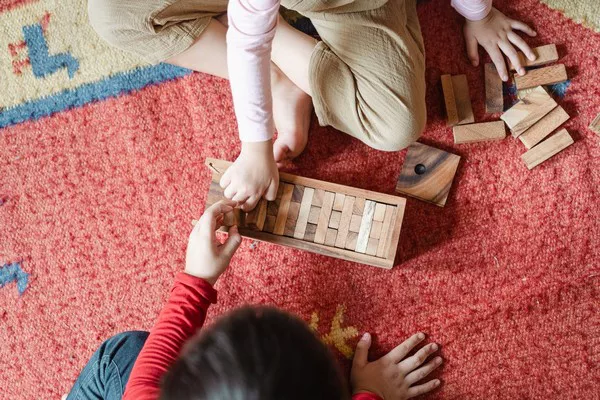Adolescence can be a challenging time for both parents and children. It’s a time of significant physical, emotional, and social changes that can cause confusion, conflict, and rebellion. Many parents may wonder if their child’s rebellious behavior is normal or if there’s something wrong. In this article, we will explore whether all kids go through a rebellious stage.
First, it’s essential to understand that every child is unique and will experience adolescence differently.
-
Some kids will go through a rebellious phase, while others won’t.
However, it is common for teenagers to challenge authority, experiment with new ideas and behaviors, and test boundaries.
Rebellious behavior can take many forms, including defiance, disobedience, aggression, substance abuse, and risk-taking. This behavior can be distressing for parents, but it’s important to recognize that it’s often a natural part of adolescent development.
-
There are several reasons why teenagers may engage in rebellious behavior.
For example, they may be struggling with a sense of identity, trying to establish independence, or seeking attention. Additionally, changes in brain development can make teenagers more impulsive, emotional, and susceptible to peer pressure.
-
It’s also important to recognize that not all rebellious behavior is harmful or problematic.
Experimenting with new ideas and behaviors can be a healthy part of adolescent development and can help teenagers explore their interests and passions. However, it’s essential for parents to monitor their child’s behavior and intervene if they believe it’s harmful.
So, do all kids go through a rebellious stage? While it’s not a universal experience, it’s not uncommon for teenagers to challenge authority, experiment with new ideas and behaviors, and test boundaries. Parents should recognize that rebellious behavior is often a natural part of adolescent development and work to establish open communication and healthy boundaries with their child. With patience, empathy, and understanding, parents can help their child navigate this challenging but essential stage of development.

























